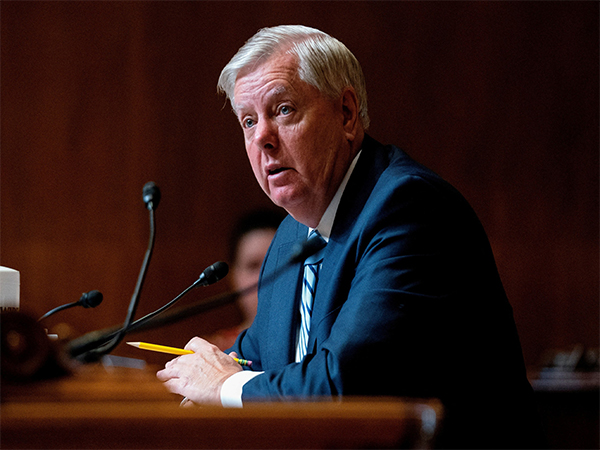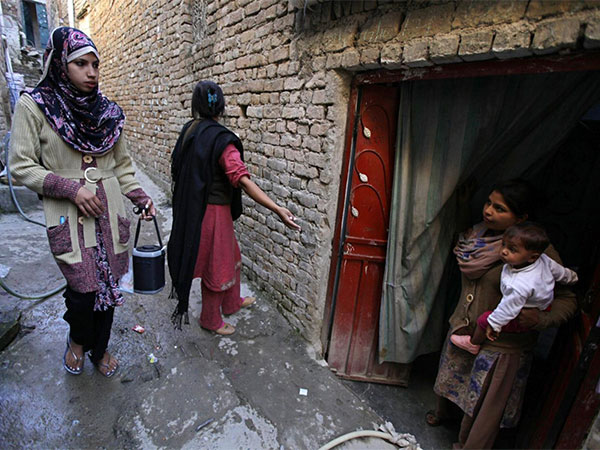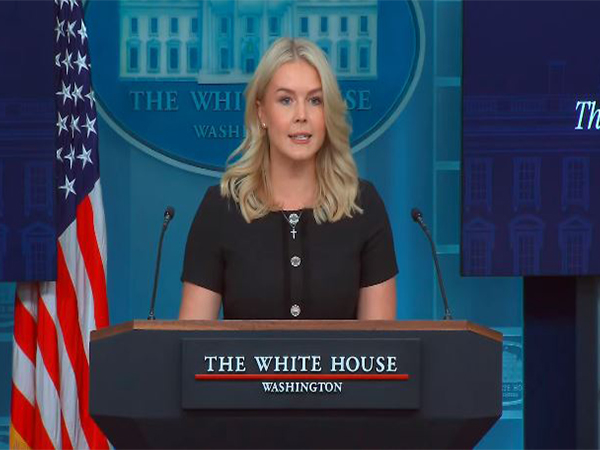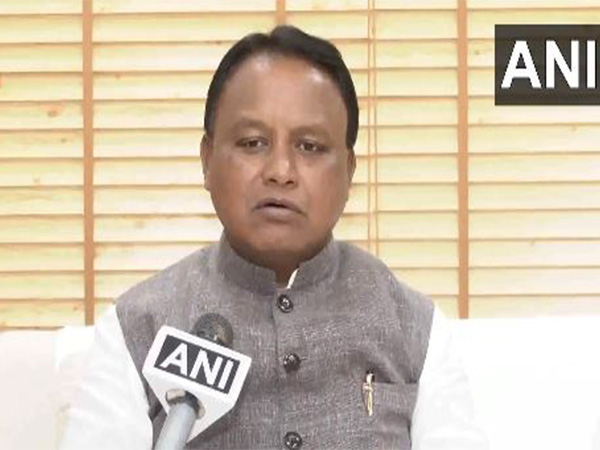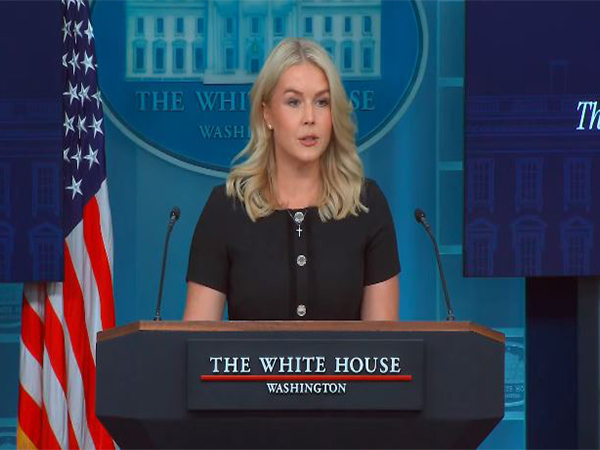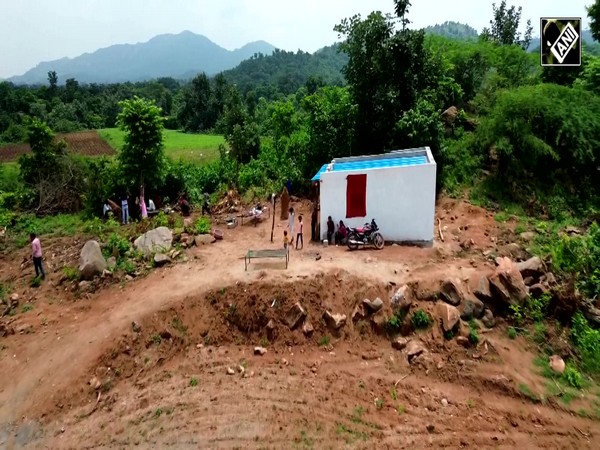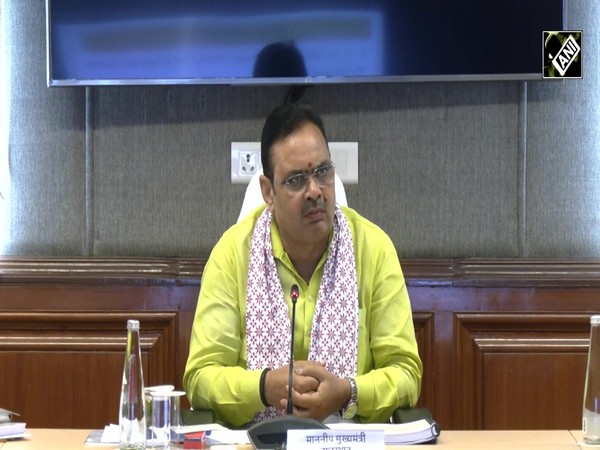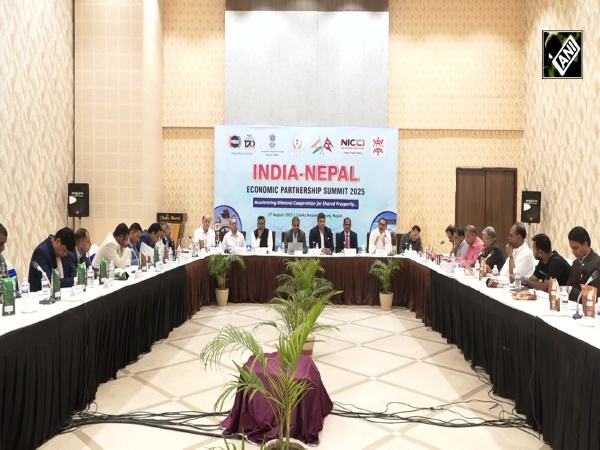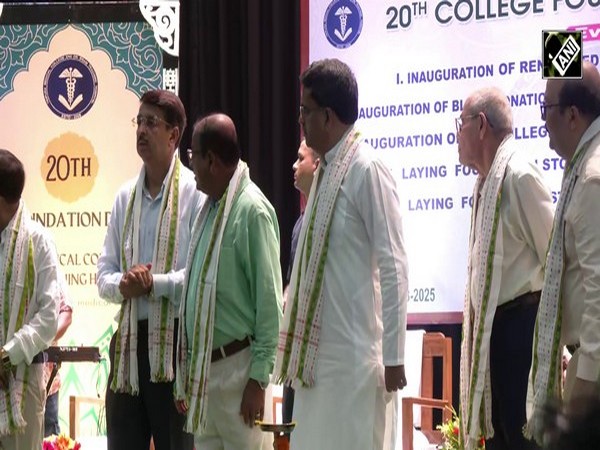Iran's SCO membership is a step away from shackles of western sanctions, close to Asian multilateralism
Oct 13, 2022

Tehran [Iran], October 13 : Helping the country to protect its core interest amid the United States-led sanctions that have for long crippled its economy, Iran's accession to Shanghai Cooperation Organization (SCO) demonstrates Tehran's commitment to Asian multilateralism.
Iran signed a memorandum on joining the SCO on September 16 during the summit at Samarkand joining the security bloc, the largest regional body in the world in terms of population governed. This bloc is thriving as a multi-polar body and it is not west-centric, reported the Policy Research Group (POREG).
Under Supreme Leader, Ayatollah Khomeini and Iran's President, Ebrahim Raisi's administration Iran's policy has been increasingly demonstrating that it is anchored in the East and not the West. To put the writing on the wall, Khomeini had once said, "We are preferring the East to the West and neighbouring countries to remote ones."
The SCO accession is seen as a positive step forward for Iran, rather than a diplomatic triumph for the country which has long been battered by west sanctions giving a blow to its economy. Iran can lead the way in emerging as a key partner for India and other Asian nations, especially through the International North-South Transport Corridor (INSTC).
The INSTC corridor connects Asia with Europe and helps Asian nations by providing connectivity and helping countries become economic hubs. With this, it is safe to say that Iran is providing SCO members with secure and stable transport routes and is committed to further infrastructure development, reported POREG.
One prominent role which Iran plays is by providing access to the strategically important Chabahar Port. India's connectivity with the Central Asian region and Europe can be propelled via Chabahar Port. On June 10, Iran's foreign minister, Hossein Amir-Abdollahian made an announcement that India and Iran had agreed upon further investments in the Chabahar Port.
This move is perceived as a very significant one. In another area of cooperation, Iran and India have also agreed upon banking mechanisms for the facilitation of trade. What remains a near possibility is trading in Indian currency. If Chabahar's infrastructure and capacity are accentuated the trade volumes through the INSTC corridor will increase the trade between India and Russia as well.
It is pertinent to note that India and Russia have had a low volume of trade despite their friendly relationship. It is because of the limitation in connectivity and logistics. However, the emergence of Chabahar Port is providing a solution. Now in a positive outlook, the route now provides a 40 pc reduction in transport time and a 30 pc cut in logistical costs.
This is integral to Iran's long-term strategy for mitigating and bypassing the impact of the United States-led sanctions that have long crippled its economy and constricted its strategic leverage, reported POREG.
Amid the Ukraine war, Russia too is reorienting its trading strategy. The Ukraine war has led to western sanctions on Russia and in a bid to bypass them, Russia is also looking out for options. The renewed focus on INSTC and the Chabahar Port and SCO grouping is setting the stage for Iran to become a significant transit and commercial hub reaping revenues.
